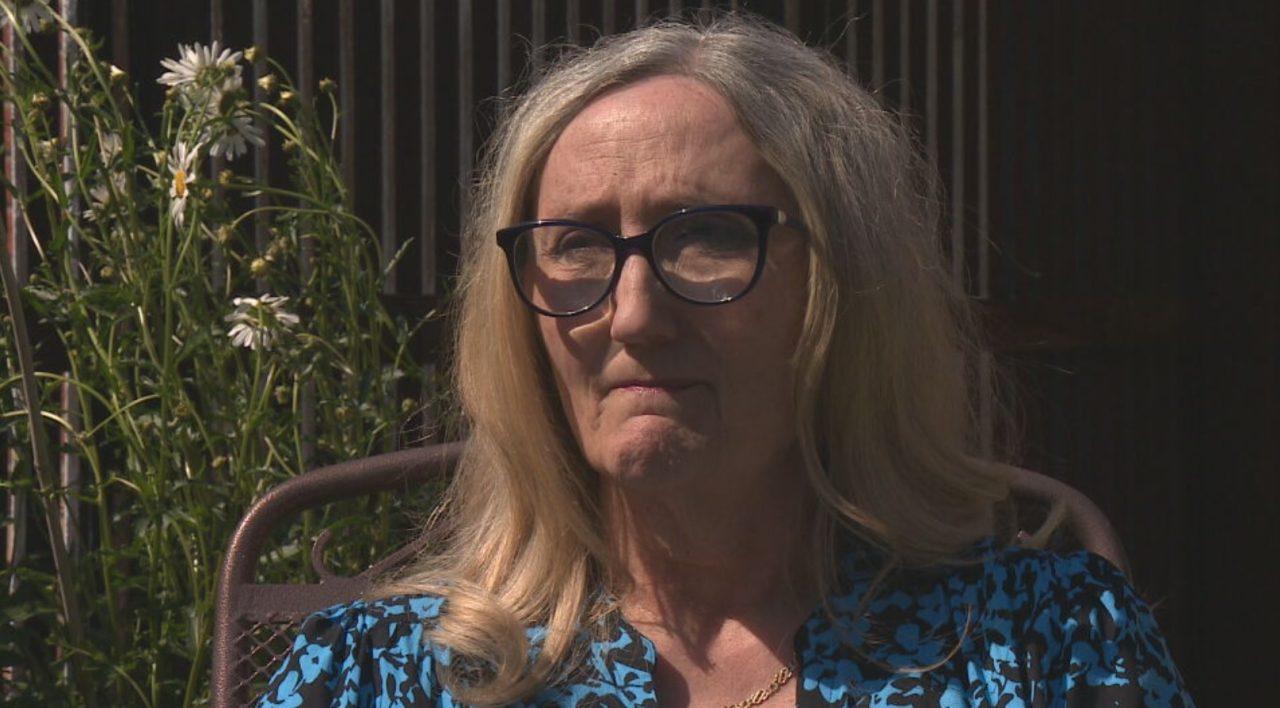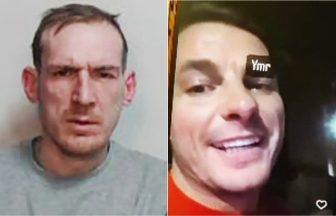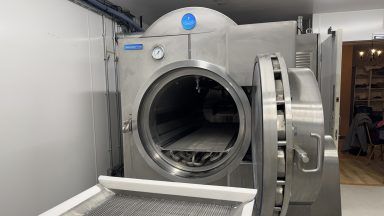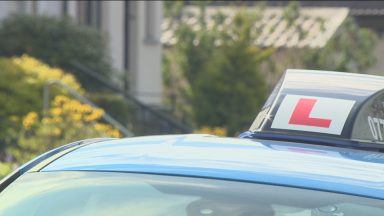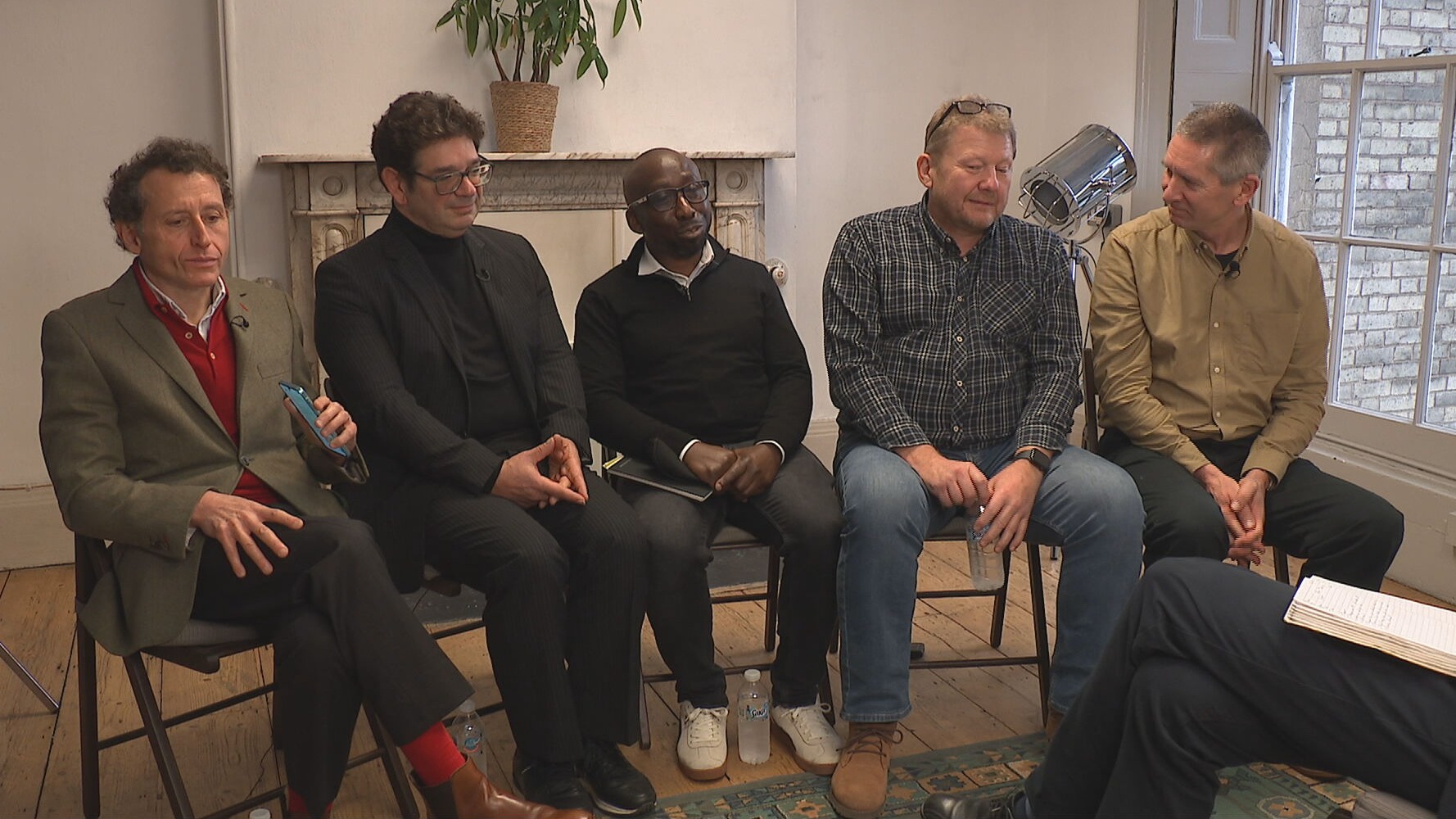A former nurse who left her job to look after her sick husband has said being a carer is “the hardest job in the world”.
Nancy Hamilton ended more than 40 years of NHS service in July 2019 after Douglas was diagnosed with multiple system atrophy – a rare condition of the nervous system that causes gradual damage to nerve cells in the brain.
The dad of two died in February 2022, three months after being admitted to a care home.
Nancy is now an advocate for carers’ rights – and said more must be done to offer them financial and practical support.

“Being a nurse in any other form of healthcare does not prepare you for being a carer – [it’s the] hardest job in the world,” she told STV News.
“It’s biased gender-wise as care disproportionately falls on women. Women are still expected to be the one to give [their career] up for someone that needs care and it’s grossly unfair.
“Care is a predominantly female and invisible workforce.”
New figures reveal more than 1.5 million unpaid carers have missed out on benefits and support in Scotland.
Carers Scotland say around half the population have provided unpaid care or support but the majority have missed out on practical and financial support.
Polling shows more than two thirds of adults in Scotland (68%) who currently provide unpaid care or have provided care in the past have never identified or called themselves a carer.
Not identifying as a carer means unpaid carers could be unaware of and not receive important practical and financial support.
“As soon as I hit 66, they took away my carers allowance and all I had was my pension,” Ms Hamilton said.
“I was subsidising Douglas’ care from my pension. I went from having a good salary to having no income of my own.
“There are 800,000 unpaid carers. If they were all to lay down tools tomorrow, the government would have to pick up a tab of over £10bn.
“But carers’ lives are controlled by circumstance and by other people rationing out to them what’s available.”
The research also reported a third of carers with experience of providing care (34%) saw their health and wellbeing suffer as a result of caring whilst almost a quarter (23%) said it had affected their job or ability to work.
Like many other carers, Ms Hamilton said the stress and exhaustion had greatly impacted her – though she said she was grateful for her strong network of family and friends.
“The buck stopped with me and the stress of that was far greater than I realise,” she said.
“Only now do I feel like I’m starting to feel like Nancy again, as at the end my personality had been subsumed into the task of caring.
“The system is predicated on carers doing it because they love the person they are looking after. It takes such an emotional and mental toll.
“Without unpaid carers, the health and social care system would collapse.”
Follow STV News on WhatsApp
Scan the QR code on your mobile device for all the latest news from around the country


